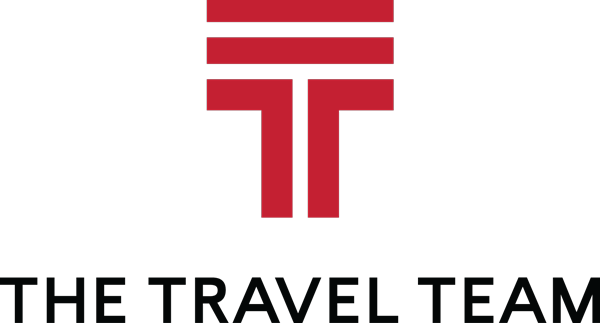Business travel is a chance for employees to represent their company, build relationships, and grow professionally. One study found 40% of corporate travelers report that business trips positively impact their personal and professional development. But for all its advantages, travel can still take a toll. The physical demands of flying, the stress of managing tight schedules, and the emotional strain of being away from home can quickly add up. Over time, poor travel experiences or excessive time on the road can contribute to issues like burnout, absenteeism, or disengagement among team members. This duality highlights the need for intentional, thoughtful planning around employee wellbeing. With the right strategies, companies can preserve the benefits of corporate travel while minimizing personal costs.
The Upside of Business Travel
There’s no denying that corporate travel offers a lot of benefits. Professionally, employees gain exposure to new markets, forge deeper connections with clients or colleagues, and develop broader industry insight. These experiences can leave team members with greater leadership skills and more motivated at work. Plus, the skills and knowledge gained on corporate trips may lead to positive career momentum.
On a personal level, travel can increase confidence and adaptability. Employees navigating unfamiliar places require resilience and resourcefulness, and these skills often translate into the workplace. For many, the shift in environment also serves as a mental refresh; it’s a break from day-to-day routine that may spark creativity and renewed focus.
The Strains of Frequent Travel
While business trips offer significant growth opportunities, they may also come with stressors that take a toll on employee wellbeing, especially if left unaddressed.
Mental and Emotional Health
Cognitive overload can be a concern with corporate travel. Team members juggle meeting schedules; getting to, from, and around new cities; and staying productive on the go. For some, corporate travel brings anxiety and loneliness. Younger travelers in particular are more likely to report feeling isolated: 24% of 18 to 35-year-olds experience loneliness on business trips compared to just 10% of those over 36. The emotional strain of being away from support systems, family, or daily routines can erode morale over time.
Physical Wellbeing
Undoubtedly, traveling disrupts normal routines. Some of these disturbances can hinder physical health. Long flights, irregular eating habits, and limited access or time to exercise contribute to fatigue and increased vulnerability to illness. 22% of business travelers report being more prone to getting sick while on the road. Jet lag and inconsistent sleep also challenge the body’s natural rhythms and immune defenses.
Work-Life Balance
Taking multiple business trips a year and contending with tight travel schedules runs the risk of blurring the lines between work and personal life. Some corporate travelers return from trips feeling exhausted and behind on personal responsibilities, which can result in negative consequences in the office or for employee morale. 22% of travelers report missing their families while away and facing emotional distress. Missing family events or lacking downtime can negatively impact both relationships and overall job satisfaction.
How to Support Employee Wellbeing During Business Travel
To ensure that the positives of business travel outweigh the negatives, companies need a wellness-focused strategy that spans the full travel lifecycle.
Before the trip, travel managers can:
- Plan with purpose. Opt for direct flights where possible to minimize stress and travel time.
- Prepare travelers. Share resources on travel wellness, like tips for staying healthy on flights, managing jet lag, and eating well on the go.
- Communicate clearly. Provide detailed itineraries and encourage questions so travelers feel informed and confident.
- Choose wellness-friendly accommodations. Hotels with gyms, spas, healthy dining options, and quiet working areas can make a major difference.
- Build in balance. Avoid overloading the itinerary. Allow time for rest, exploration, or remote work blocks to reduce burnout.
- Provide support tools. Give employees access to digital wellness resources like meditation apps, travel health guides, and telehealth options.
After employees return, travel managers and corporate leaders can:
- Encourage recovery time. Offer flexible schedules or optional remote days to help employees recalibrate and manage fatigue.
- Gather feedback. Regularly check in with travelers to understand what’s working and what’s not, so you can continuously improve your travel program.
Partner with a Travel Advisor
A professional travel advisor is a valuable ally. Beyond booking logistics, The Travel Team can help curate wellness-focused travel plans, negotiate with wellness-conscious accommodations, and develop sustainable travel policies. We’re also an ongoing point of support, ensuring employees feel heard and cared for before, during, and after their journeys. Contact us today to learn more about our corporate and group travel services!




